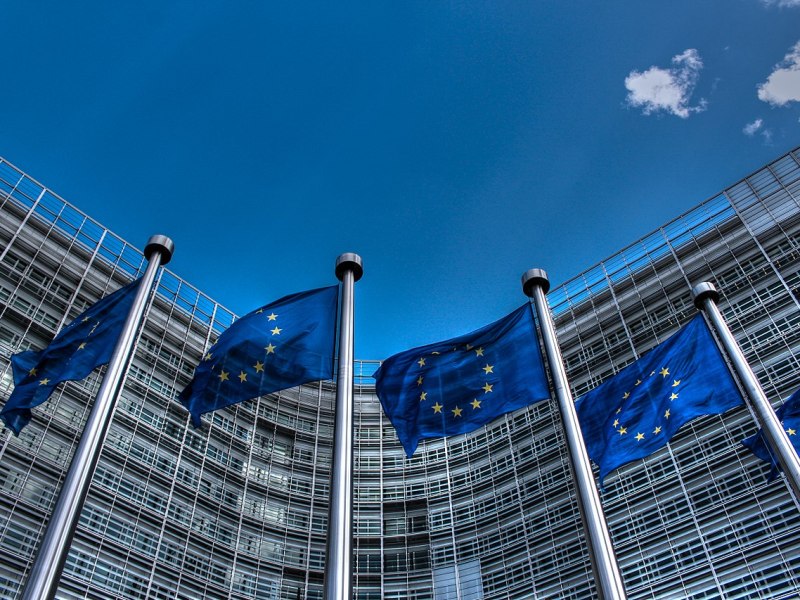
The Digital Services Act could require big changes to digital platforms. Here are 4 things lawmakers need to know to protect people-powered spaces like Wikipedia.
Update: The European Parliament’s Internal Market Committee voted on key provisions of the Digital Services Act (DSA) on 13 December 2021. For an overview of the vote and what this means for the future of the DSA, read our post on Medium. The Wikimedia Foundation, the nonprofit that operates Wikipedia, applauds European policymakers’ efforts to….

Wikipedia needs local journalism and the open Web
Over the past couple of months, many who are interested in internet policy have been watching developments in Australia, where a proposed Mandatory Bargaining Code will force some internet platforms to pay for linking to content by news publishers and displaying snippets thereof. While it isn’t entirely clear yet what services will be covered by….
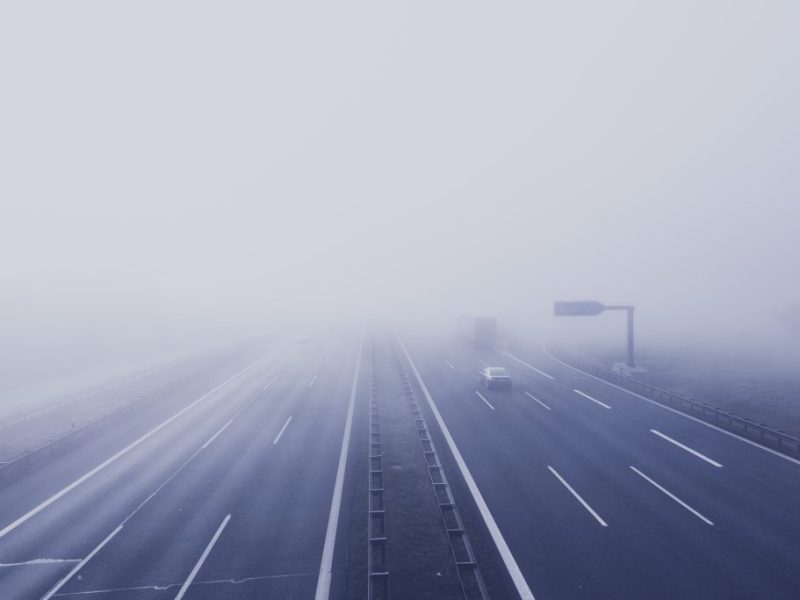
Four things European legislators can do to not break the internet (again)
The European Union (EU) Commission’s proposal for a Regulation on preventing the dissemination of terrorist content online runs the risk of repeating many of the mistakes written into the copyright directive, envisioning technological solutions to a complex problem that could bring significant damage to user rights. The proposal includes a number of prescriptive rules that….
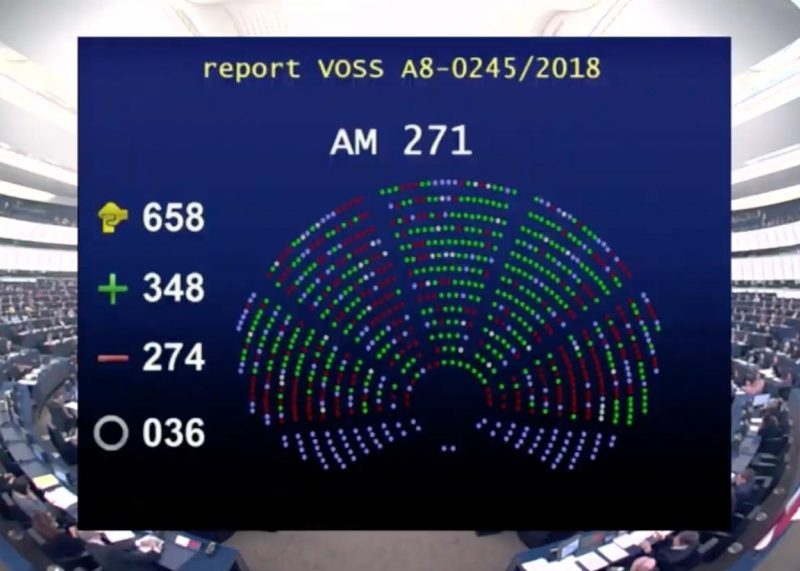
European Parliament limits internet freedom in controversial copyright vote
Today, the European Parliament voted 348–274 to pass a new copyright directive that includes problematic rules that will harm free knowledge. They did so after years of discussions, revisions, and more recently street protests. We believe that this is a disappointing outcome, the impacts of which will certainly be felt for years to come. As….
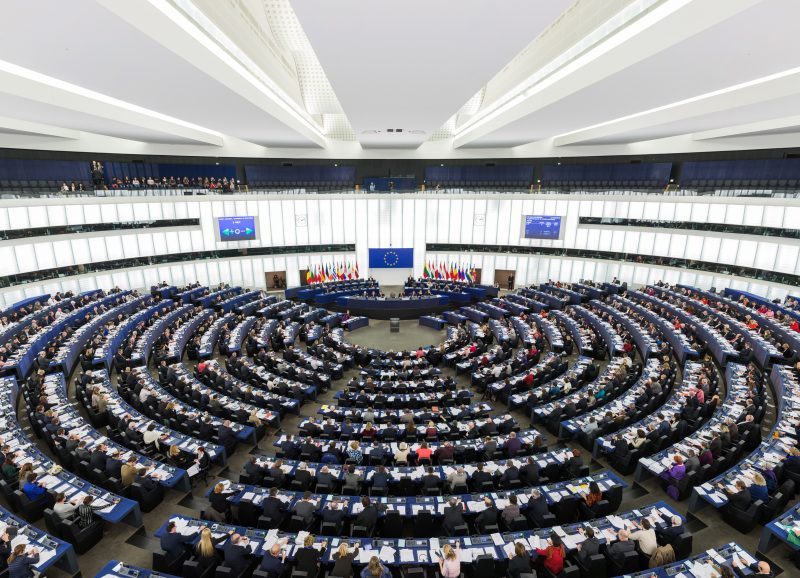
Four Wikipedias to ‘black out’ over EU Copyright Directive
Update, 25 March: The Italian, Galician, Asturian, and Catalan Wikipedias have blacked themselves out today to protest the EU Copyright Directive. Other language versions of Wikipedia have chosen to show site banners above their content. Wikipedia’s volunteer editing communities make decisions like this independently. More on that, and our unaltered original post, is below. •….
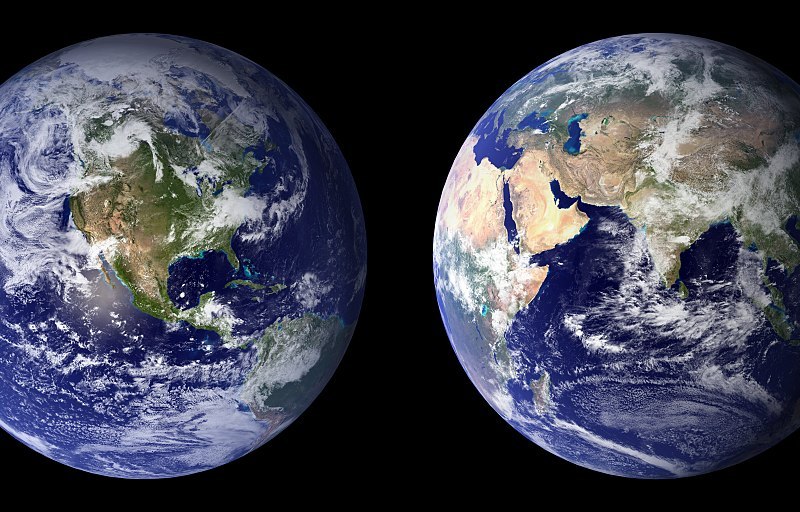
Wikimedia Foundation joins the Global Network Initiative
The Wikimedia Foundation is honored to join the Global Network Initiative (GNI) as an observer, an opportunity we hope will advance our efforts to champion freedom of expression and privacy for the Wikimedia community and beyond. GNI is a channel for collective action, advocating to governments and international institutions for policies and laws which promote….
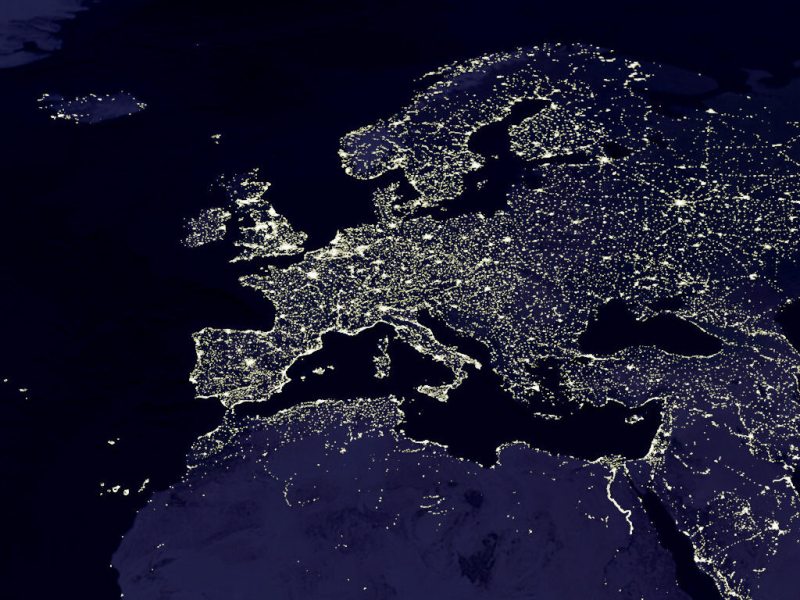
EU copyright vote leaves the future of online participation uncertain
The European Parliament’s September 12 vote on the proposed Copyright Directive was a missed opportunity to improve copyright, after many years of discussion: Two years ago, the European Commission set out to modernize copyright laws across the EU with a flawed proposal with potential to improve. This proposal was referred to several committees in the….
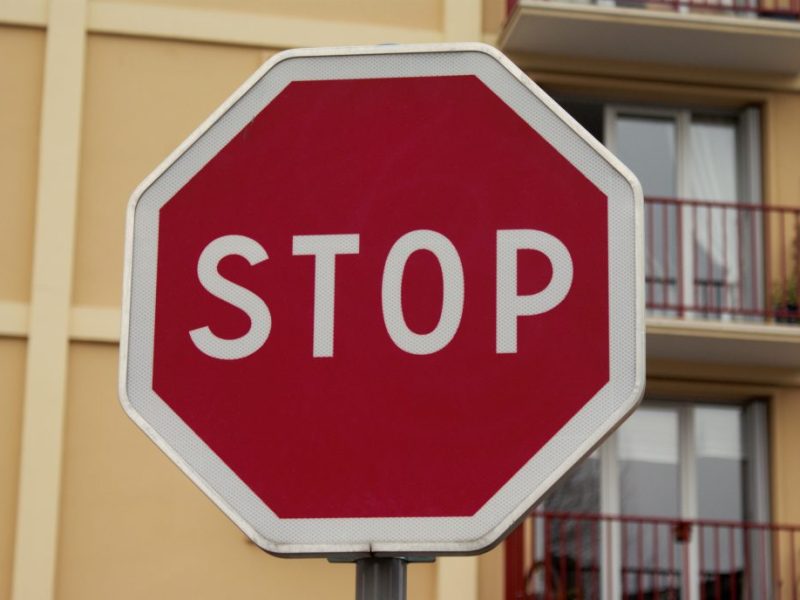
Time is running out to defend user rights online
Now that it has passed a critical vote in the European Parliament, we have one last opportunity to make the EU revise its proposed copyright directive and ensure the internet stays open for everyone.

Keep the internet international
What happens to access to knowledge online when countries enforce their laws worldwide and force internet platforms to remove content globally? We convened a panel of digital rights experts at SXSW 2018 in Austin, TX to discuss this and related questions.
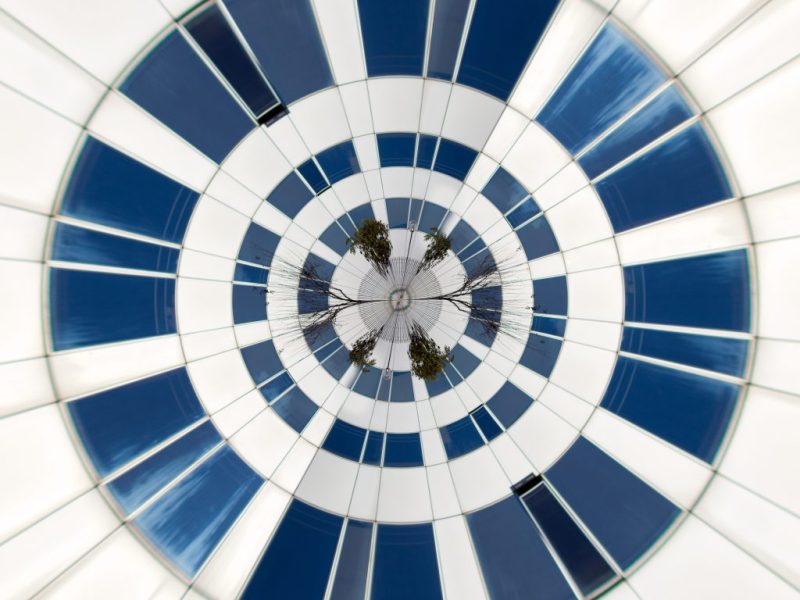
Join the Wikimedia Foundation as an Open Web Fellow
The Wikimedia Foundation is proud to host an Open Web Fellow, a nine-month position to develop data-driven responses to questions around public policy for free knowledge.
- 1
- 2